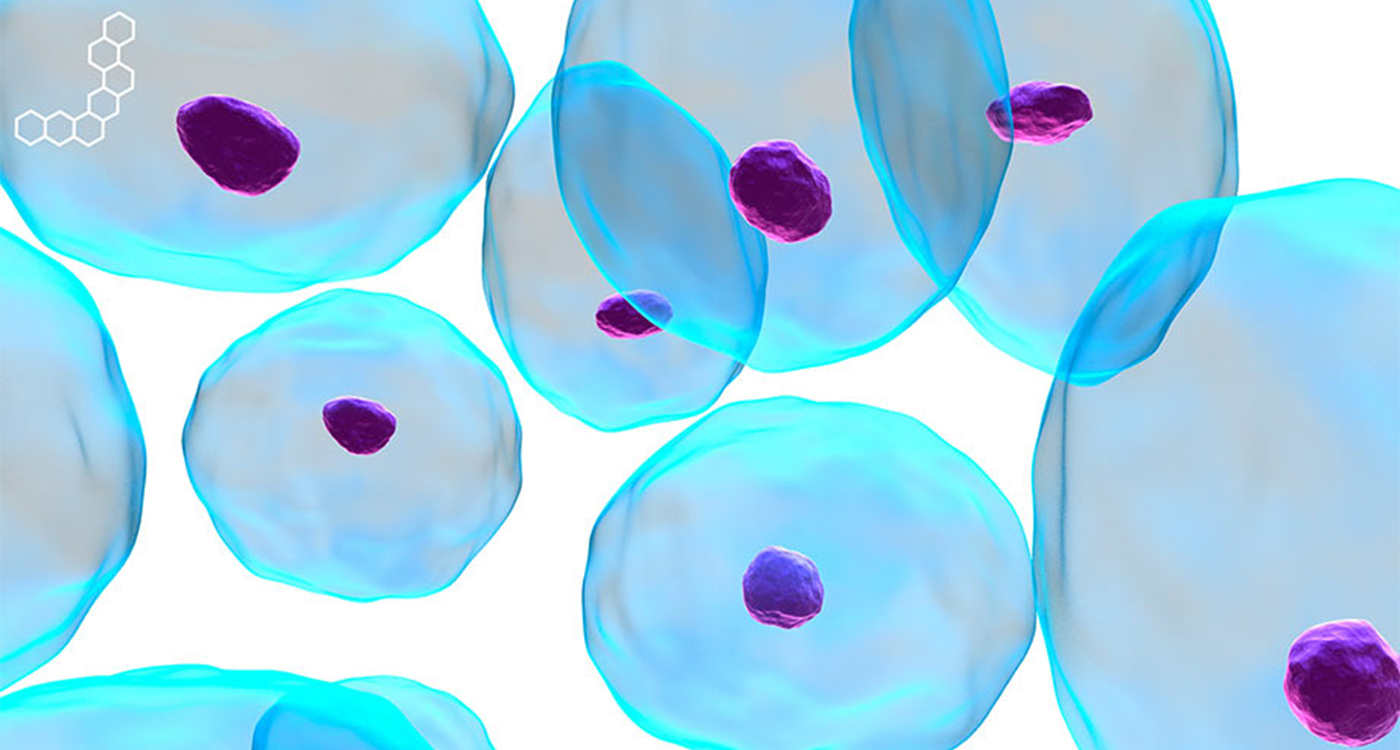Cell Line Has the Advantages of Stability and High Production
Cell lines are cultures of cells that have been derived from living organisms, such as humans, animals, plants, and bacteria. They are grown in the laboratory and can be used for a variety of purposes, such as studying the effects of certain drugs, researching genetic disorders, or creating vaccines. Cell lines are typically immortalized, meaning they can divide indefinitely and can be used in experiments for long periods of time.
Immortal Cell Line
A cell line is a group of cells that have been cultured from a single cell and will reproduce indefinitely without any changes to its genetic makeup. Immortal cell lines are cell lines that are able to divide indefinitely, and have been engineered to have high levels of telomerase, an enzyme that helps cells to stay alive. Immortal cell lines are commonly used in biomedical research and for the production of therapeutic proteins and other molecules. Examples of immortal cell lines include HeLa cells, CHO cells, and COS-7 cells.
Ell Line Development
Seed line development is the process of creating a new variety of plant from a seed. This process typically involves selective breeding of two or more varieties of a plant in order to create a new variety with desired characteristics. The process can be done by hand or through the use of modern genetic engineering techniques. The goal of seed line development is to create a variety of plant that has an advantageous combination of traits, such as disease resistance, higher yield, better flavor, and improved nutritional content. This process can also be used to create new varieties of pharmaceutical compounds or other products derived from plants.
Germ Line Cells
Germ line cells are any reproductive cells that are responsible for passing genetic information from one generation to the next. They are the cells that are responsible for reproduction, and they are generally found in the reproductive organs of animals and plants. In humans, germ line cells are found in the ovaries and testes. They produce gametes, or sex cells, which contain half of the genetic information needed for reproduction.











